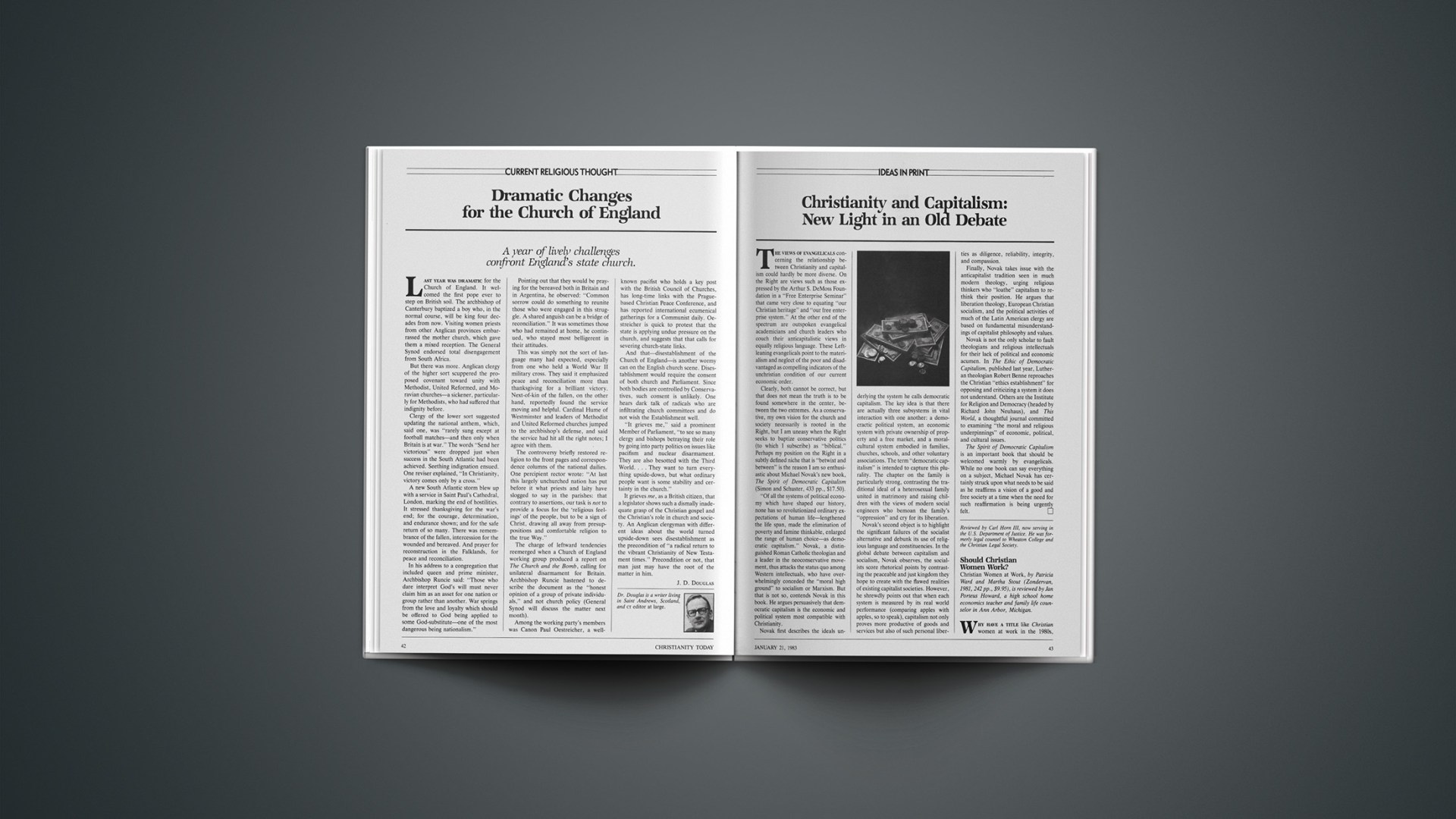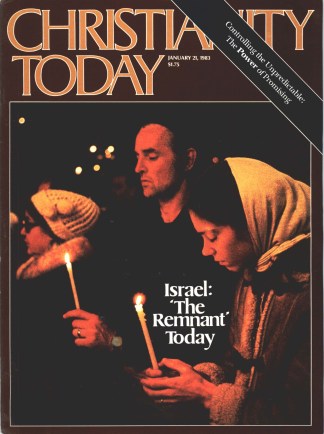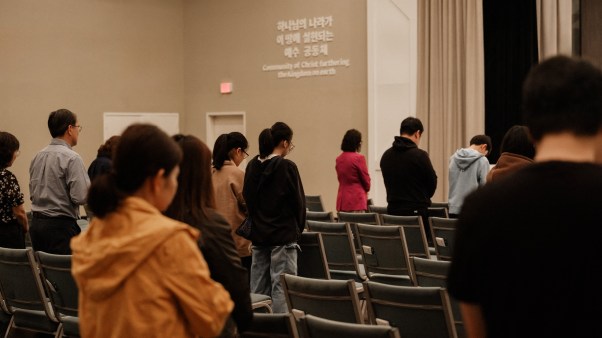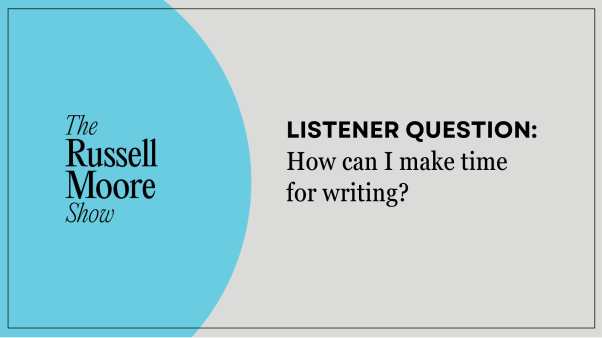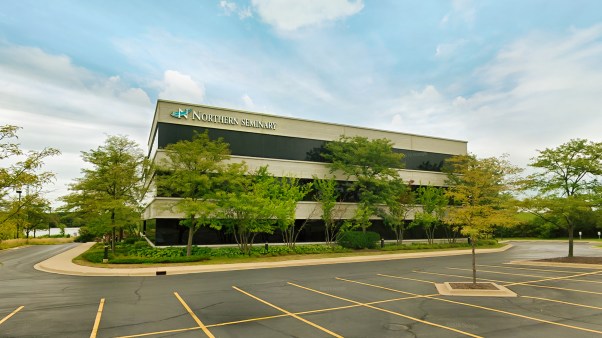A year of lively challenges confront England’s state church.
Last year was dramatic for the Church of England. It welcomed the first pope ever to step on British soil. The archbishop of Canterbury baptized a boy who, in the normal course, will be king four decades from now. Visiting women priests from other Anglican provinces embarrassed the mother church, which gave them a mixed reception. The General Synod endorsed total disengagement from South Africa.
But there was more. Anglican clergy of the higher sort scuppered the proposed covenant toward unity with Methodist, United Reformed, and Moravian churches—a sickener, particularly for Methodists, who had suffered that indignity before.
Clergy of the lower sort suggested updating the national anthem, which, said one, was “rarely sung except at football matches—and then only when Britain is at war.” The words “Send her victorious” were dropped just when success in the South Atlantic had been achieved. Seething indignation ensued. One reviser explained, “In Christianity, victory comes only by a cross.”
A new South Atlantic storm blew up with a service in Saint Paul’s Cathedral, London, marking the end of hostilities. It stressed thanksgiving for the war’s end; for the courage, determination, and endurance shown; and for the safe return of so many. There was remembrance of the fallen, intercession for the wounded and bereaved. And prayer for reconstruction in the Falklands, for peace and reconciliation.
In his address to a congregation that included queen and prime minister, Archbishop Runcie said: “Those who dare interpret God’s will must never claim him as an asset for one nation or group rather than another. War springs from the love and loyalty which should be offered to God being applied to some God-substitute—one of the most dangerous being nationalism.”
Pointing out that they would be praying for the bereaved both in Britain and in Argentina, he observed: “Common sorrow could do something to reunite those who were engaged in this struggle. A shared anguish can be a bridge of reconciliation.” It was sometimes those who had remained at home, he continued, who stayed most belligerent in their attitudes.
This was simply not the sort of language many had expected, especially from one who held a World War II military cross. They said it emphasized peace and reconciliation more than thanksgiving for a brilliant victory. Next-of-kin of the fallen, on the other hand, reportedly found the service moving and helpful. Cardinal Hume of Westminster and leaders of Methodist and United Reformed churches jumped to the archbishop’s defense, and said the service had hit all the right notes; I agree with them.
The controversy briefly restored religion to the front pages and correspondence columns of the national dailies. One percipient rector wrote: “At last this largely unchurched nation has put before it what priests and laity have slogged to say in the parishes: that contrary to assertions, our task is not to provide a focus for the ‘religious feelings’ of the people, but to be a sign of Christ, drawing all away from presuppositions and comfortable religion to the true Way.”
The charge of leftward tendencies reemerged when a Church of England working group produced a report on The Church and the Bomb, calling for unilateral disarmament for Britain. Archbishop Runcie hastened to describe the document as the “honest opinion of a group of private individuals,” and not church policy (General Synod will discuss the matter next month).
Among the working party’s members was Canon Paul Oestreicher, a well-known pacifist who holds a key post with the British Council of Churches, has long-time links with the Prague-based Christian Peace Conference, and has reported international ecumenical gatherings for a Communist daily. Oestreicher is quick to protest that the state is applying undue pressure on the church, and suggests that that calls for severing church-state links.
And that—disestablishment of the Church of England—is another wormy can on the English church scene. Disestablishment would require the consent of both church and Parliament. Since both bodies are controlled by Conservatives, such consent is unlikely. One hears dark talk of radicals who are infiltrating church committees and do not wish the Establishment well.
“It grieves me,” said a prominent Member of Parliament, “to see so many clergy and bishops betraying their role by going into party politics on issues like pacifism and nuclear disarmament. They are also besotted with the Third World.… They want to turn everything upside-down, but what ordinary people want is some stability and certainty in the church.”
It grieves me, as a British citizen, that a legislator shows such a dismally inadequate grasp of the Christian gospel and the Christian’s role in church and society. An Anglican clergyman with different ideas about the world turned upside-down sees disestablishment as the precondition of “a radical return to the vibrant Christianity of New Testament times.” Precondition or not, that man just may have the root of the matter in him.
J. D. DOUGLAS1Dr. Douglas is a writer living in Saint Andrews, Scotland, andct editor at large.

